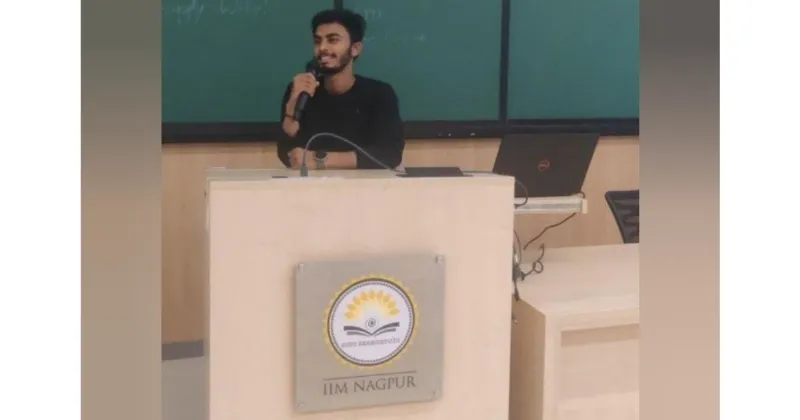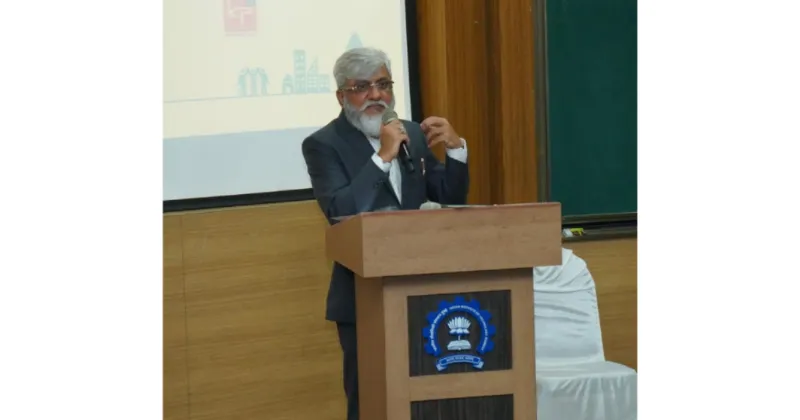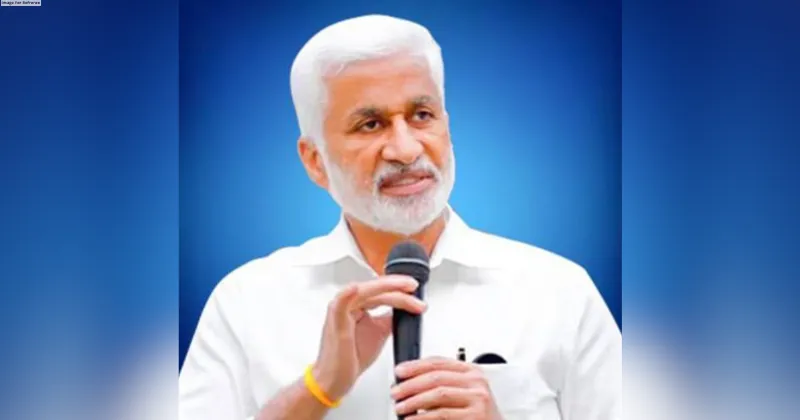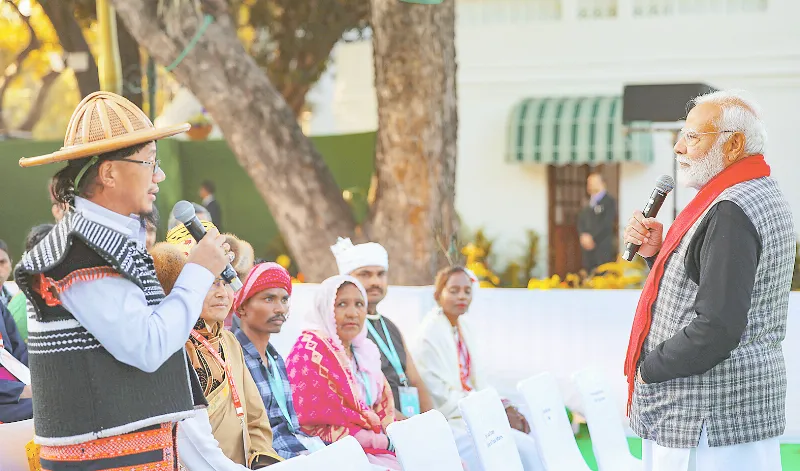
Libra
Harmony in relationships is your priority. Compromise and understanding will strengthen your bonds.

Virgo
Focus on organization and details. A well-planned day will lead to productive results and personal satisfaction.

Leo
Leadership will come naturally. Take charge of situations but remain humble for the best outcomes.

Cancer
Emotional balance is key today. Spend quality time with loved ones to find comfort and clarity.

Gemini
Today is perfect for networking and sharing ideas. Your adaptability will help you tackle unexpected changes with ease.

Taurus
Patience will be your strength today. Financial matters might need attention, so think twice before making big decisions.

Aries
Today brings opportunities for growth, but you'll need to stay focused. Trust your instincts to navigate challenges.

Pisces
Your intuition will guide you. Trust your feelings and explore creative outlets for peace of mind.

Aquarius
Innovation is your theme today. Explore unconventional ideas to solve lingering problems.
Capricorn
Hard work pays off today. Your dedication and discipline will lead to well-deserved recognition.

Sagittarius
Adventure is calling! Embrace new opportunities, but keep a balanced approach to risks.

Scorpio
Your determination will be unmatched. Dive deep into tasks, but don't forget to take breaks to recharge.

Libra
Harmony in relationships is your priority. Compromise and understanding will strengthen your bonds.

Virgo
Focus on organization and details. A well-planned day will lead to productive results and personal satisfaction.

Leo
Leadership will come naturally. Take charge of situations but remain humble for the best outcomes.

Cancer
Emotional balance is key today. Spend quality time with loved ones to find comfort and clarity.

Gemini
Today is perfect for networking and sharing ideas. Your adaptability will help you tackle unexpected changes with ease.

Taurus
Patience will be your strength today. Financial matters might need attention, so think twice before making big decisions.

Aries
Today brings opportunities for growth, but you'll need to stay focused. Trust your instincts to navigate challenges.

Pisces
Your intuition will guide you. Trust your feelings and explore creative outlets for peace of mind.

Aquarius
Innovation is your theme today. Explore unconventional ideas to solve lingering problems.
Capricorn
Hard work pays off today. Your dedication and discipline will lead to well-deserved recognition.

Sagittarius
Adventure is calling! Embrace new opportunities, but keep a balanced approach to risks.

Scorpio
Your determination will be unmatched. Dive deep into tasks, but don't forget to take breaks to recharge.






























































